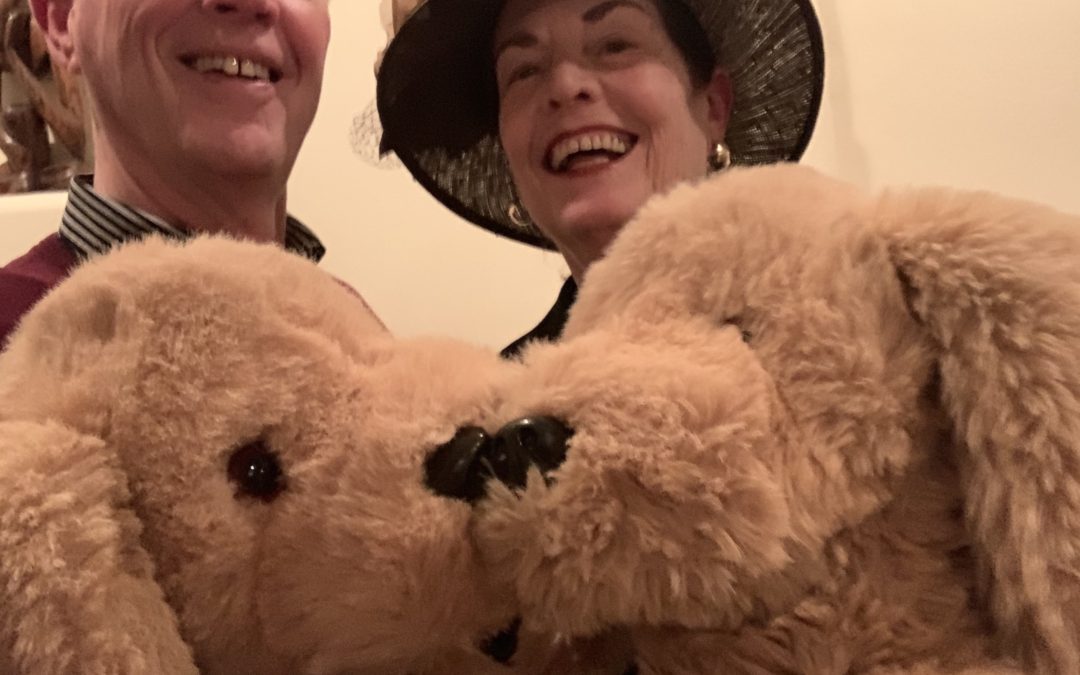My Family
May 15 was the International Day of Families, which is celebrated around the world. The Universal Peace Federation joins in observing this day because it holds that sustainable global peace is grounded in the family as the core unit of society. It considers the cohesion and stability of the family as essential for a healthy and stable society. By strengthening the family, so the argument goes, we can build a stronger base of social capital that will enhance peace and improve the overall quality of life for everyone.
Sounds pretty straight-forward, doesn’t it?
Until we get to the part about what is meant by “family.” You may know what family means to you, but many will disagree with your definition, no matter what it is. Dr. Amato, president of the National Council on Family Relations, an expert on families, tells us, “As a researcher, I claim to study families. But if you were to ask me for a definition of family, I would probably get tongue-tied and mumble something like, “Well, there are different ways of thinking about it….”
Objectively imposed definitions of family, like the one used by the U.S. Census Bureau (“A family is a group of two people or more related by birth, marriage, or adoption and residing together”) provides one legal view of what family means, but it leaves out brothers and sisters, as well as aunts, uncles, and grown children now living elsewhere. Most important, this Census Bureau definition is problematic because researchers now understand that most people don’t define their families along those lines.
In fact, traditional notions of marriage and family are being challenged in a variety of ways due to social, cultural, bio-medical, economic, and other factors. Many people today question the value of traditional notions of marriage and family or seek to redefine them in fundamental ways.
So, I wonder: When the Universal Peace Federation commemorates this day because sustainable global peace is grounded in the stability of the family unit, what is the relevant unit? And is stability in that unit really the most important variable for ensuring greater peace?
I was raised in a devout Mennonite family, where traditional Biblical teachings about marriage and family were taken as absolute Truths and remained stable over time:
“Marriage is a divine institution that constitutes a union between a man and a woman; wives must submit to their husbands.”
Based on these traditional principles, my family unit was highly stable. But our angry and defiant interactions when I was a young child were definitely not conducive to peace within our core unit – never mind globally – until the later years when some of us finally began to confront our failures and become more vulnerable and unguarded with one another. In my YouTube episode today titled How Do We Get Out of this Mess? I describe how my father and I found redemption and reconciliation in the most broken parts of ourselves — when we began to see our shared humanity and our common brokenness. Vulnerable authenticity with one another, not traditional and stable notions of what it meant to be a family, led to our healing.
And vulnerable authenticity will allow us to begin to heal as a society.
So here’s my question:
If we wish to use “families” as building blocks or as the social capital that will lead to a healthier society, shouldn’t we focus more on the nature of the interactions among members (regardless of how those members choose to define their unit) than on how the boundaries of the unit are drawn?
A stable traditionally defined family whose members have never learned to vulnerably connect with one another (like my family during my youth) is not a likely building block toward a peaceful or healthy society. Rather, don’t greater peace and health depend on nourishing and nurturing patterns within the network of family members, no matter how the structure of that unit is defined? Rather than obsessing about the definition of “family,” should we not focus on the extent to which members of our families (no matter how we count them) communicate with each other, and whether they are emotionally close and available to help one another in times of need?
Virtually all the world’s religions teach us the sacred value of family. May this day, the International Day of Families, remind each of us that our personal network of intimate relations, whether or not it conforms to traditional definitions of “family,” is our school of love, compassion, integrity, and forgiveness. Only then can it serve as the true cornerstone of a healthier and more peaceful society.

